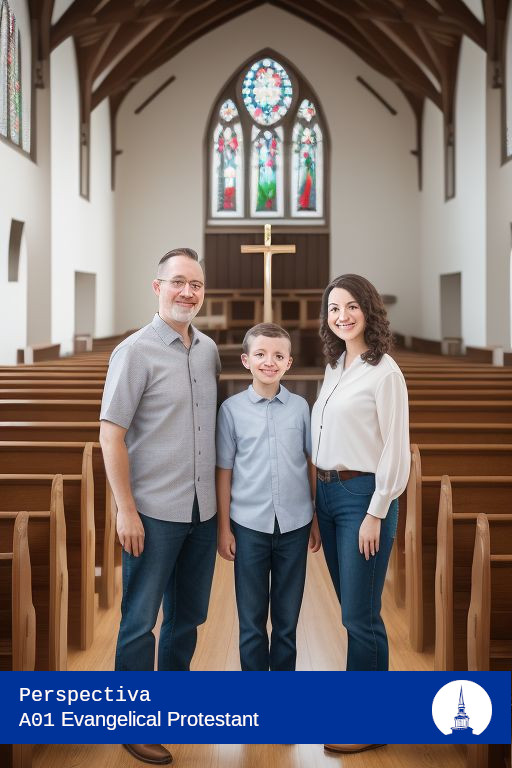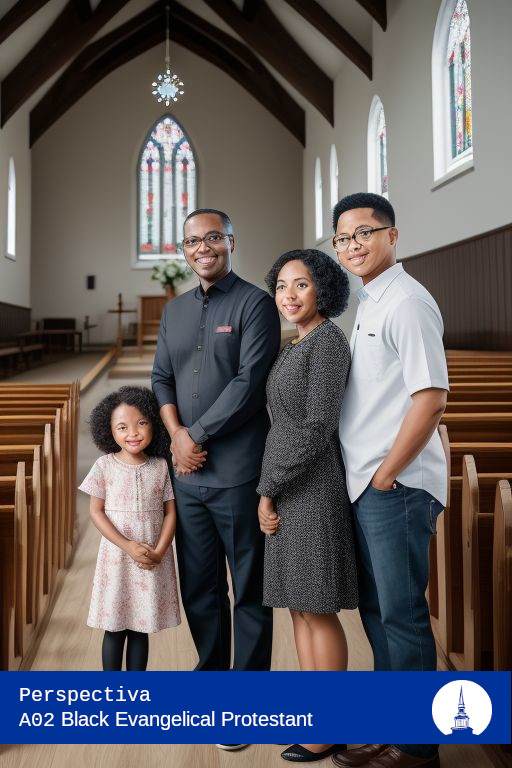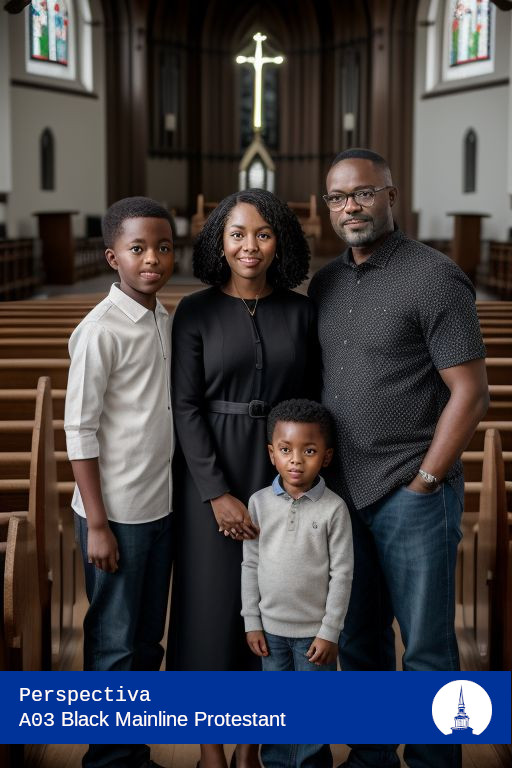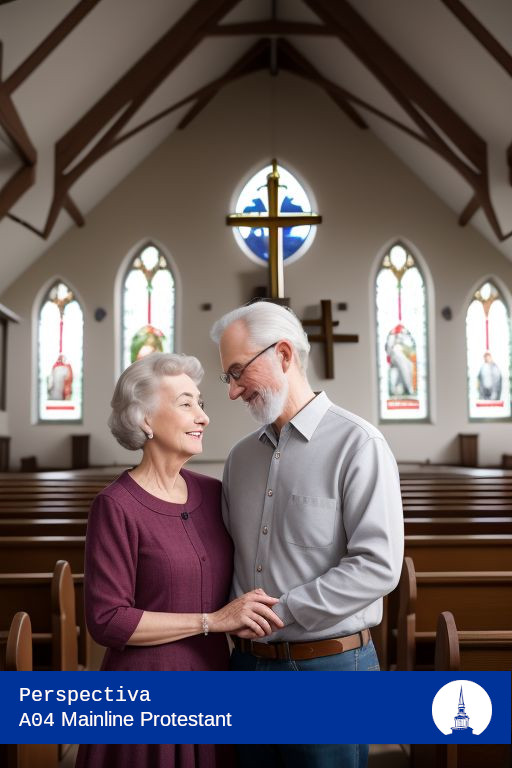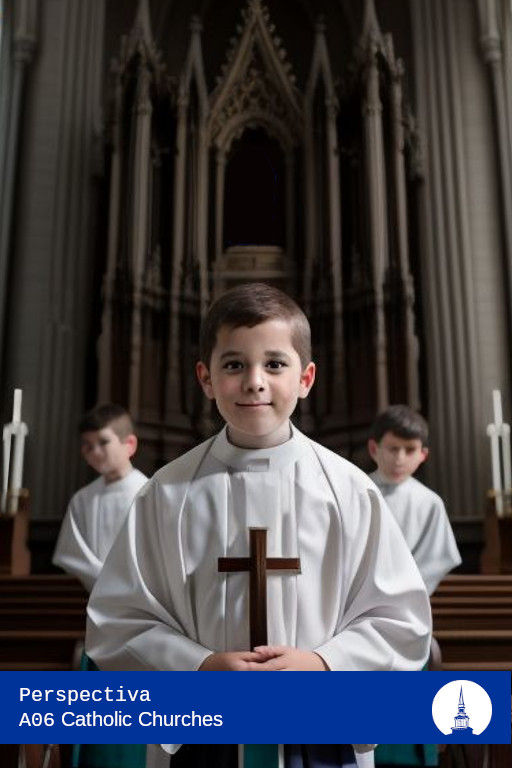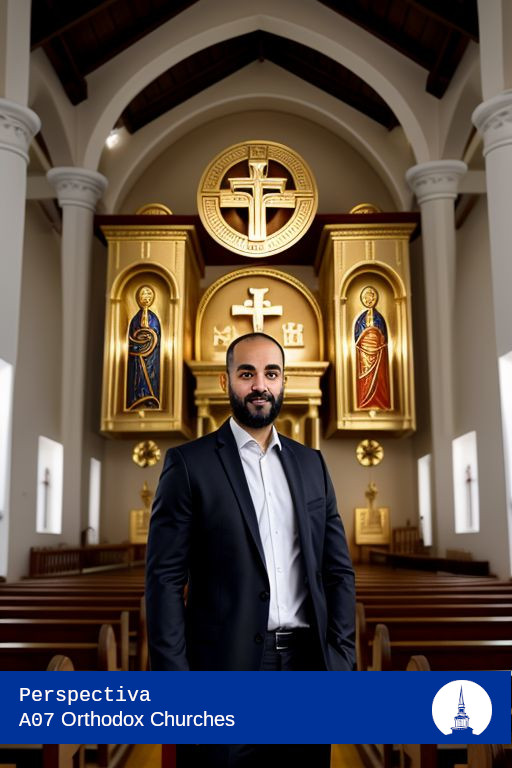Cluster A: Religious Christianity
Diverse Christian traditions in the US share core beliefs, worship practices, and social engagement, yet vary in theology and cultural expressions.
The Religious Christianity cluster group comprises a diverse array of Christian lifeways in the United States, each marked by unique characteristics while sharing fundamental beliefs and practices rooted in Christian tradition. A common thread among these lifeways is a commitment to core Christian beliefs, such as the authority of the Bible, the importance of faith in Jesus Christ, and the dissemination of the gospel message.
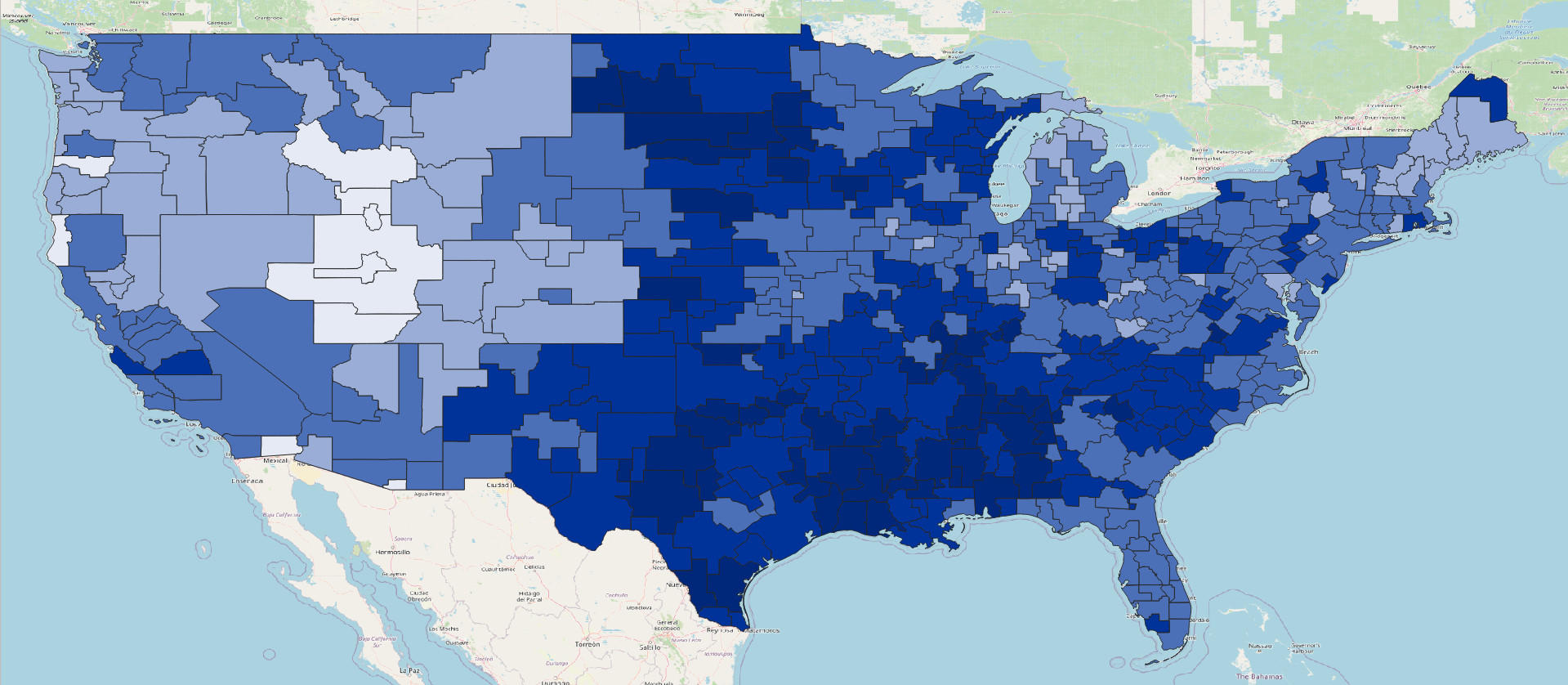


The darkest areas in the thematic density map indicate the places with the highest percentage of population.
Theological Interpretations Differ Though Mostly Affirm Basics
Whether Evangelical Protestant, Black Evangelical Protestant, Black Mainline Protestant, Mainline Protestant, Asian Initiated Churches, Catholic Churches (including Roman, Independent, and Eastern Catholic traditions), or Orthodox Churches, these traditions mostly affirm basic Christian doctrines, albeit with various theological emphases, diverse interpretations, and disparate cultural expressions.
Worship & Liturgy Vary Widely
Worship practices vary, but all these lifeways place importance on communal worship and religious rituals. Many incorporate liturgical elements, sacraments, and distinctive forms of music and expression into their worship, fostering a sense of spiritual connection.
Community Engagement Differs Widely
Social engagement and activism have been integral aspects of many of these lifeways, with a strong commitment to addressing societal issues, advocating for social justice, and promoting moral and ethical values. This engagement extends to civil rights, economic justice, environmental concerns, and other pressing social matters, albeit with divergent views on contemporary issues due to differing liberal to conservative theological perspectives.
